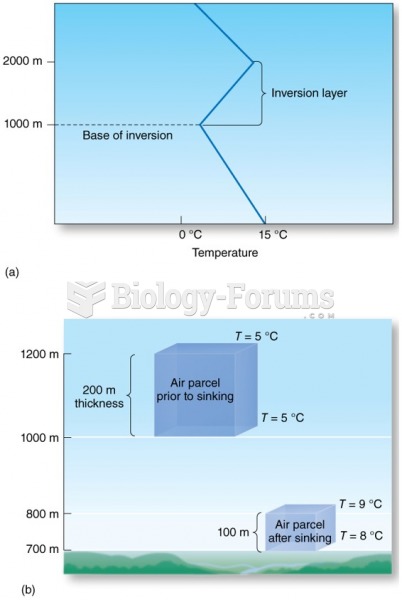Answer to Question 1
ANS: A
Focusing in on strategies that nurses have responsibility for is important to the profession because it helps demonstrate the role of the nurse.
Although evaluating how well an individual performs using established criteria is useful in providing an accurate and realistic review, this is not the purpose of nurse-sensitive quality indicators. Focusing in on strategies that nurses have responsibility for is important to the profession because it helps demonstrate the role of the nurse.
It is really the fact that nurses are responsible, rather than a requirement for a high degree of expertise. Focusing in on strategies that nurses have responsibility for is important to the profession because it helps demonstrate the role of the nurse.
Providing quality care is extremely important, but that is important to all health care professionals. Focusing in on strategies that nurses have responsibility for is important to the profession because it helps demonstrate the role of the nurse.
Answer to Question 2
ANS: B
Structures of care are the elements of organization and administration that guide the process of care. These elements might be leadership, tolerance of innovativeness, organizational hierarchy, decision-making processes, distribution of power, financial management, and administrative decision-making processes.
Practice styles are a dimension of process of care and influence quality. Structures of care are the elements of organization and administration that guide the process of care. These elements might be leadership, tolerance of innovativeness, organizational hierarchy, decision-making processes, distribution of power, financial management, and administrative decision-making processes.
Structures of care are the elements of organization and administration that guide the process of care. These elements might be leadership, tolerance of innovativeness, organizational hierarchy, decision-making processes, distribution of power, financial management, and administrative decision-making processes.
Quality of care is the overriding goal and not a specific aspect of quality health care. Structures of care are the elements of organization and administration that guide the process of care. These elements might be leadership, tolerance of innovativeness, organizational hierarchy, decision-making processes, distribution of power, financial management, and administrative decision-making processes.







